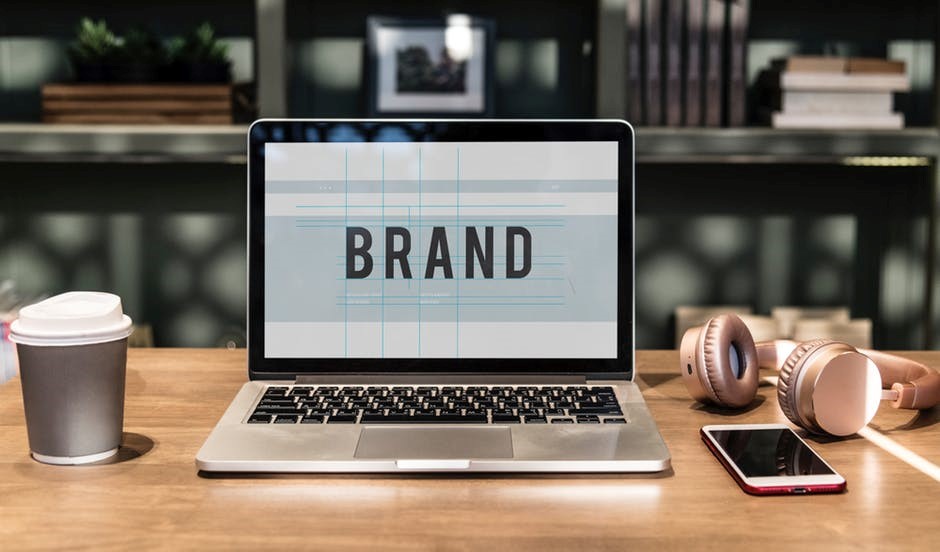Are you prepped for your next big media interview? If you’re able to consistently internalize these eight easy tips, you can answer a resounding “yes” — and look forward to an interview that actually advances your personal or corporate brand.

Table of Contents
1. Stick to What You Know
You’re a subject matter expert, not an encyclopedia. Take a page from this interview with Kris Duggan, a serial entrepreneur and investor with multiple successful raises under his belt, wherein Duggan maintains laser-like focus on the things he does best: sales and fundraising. You won’t win any points for going outside your lane.
2. Start With “Soft” Interviews
Do thorough due diligence on any interviewer before agreeing to sit down with them. Take only those interviews that you’re confident will remain friendly — but remember that there are no guarantees in this business, and many “friendly” interviewers are anything but.
3. Write Down Your Talking Points
Bring notes to your interview, but don’t overdo it. Make them uncluttered and easy to read at a glance, without omitting any key talking points. Stick to them as much as possible throughout the interview.
4. Provide As Much Background Material As Possible Ahead of the Interview
Give your interviewer-to-be as much background material as you can before you sit down. That might mean press releases spinning notable milestones or events, your own bio or backgrounder, your latest shareholder presentation, and so forth. (If you’re not comfortable writing your own press releases, use a press release template.)
5. Ask to Review Print Quotes Before Your Story Goes to Press
If you’re interviewing with an ostensibly objective media outlet, like a major metropolitan daily or news radio program, your interviewer is likely to be bound (at least in theory) by the Society of Professional Journalists’ code of ethics.
Although this code is dense and open to interpretation in parts, reporters bound by it generally give sources the opportunity to review quotes and representations for accuracy. Always, always, always ask for this privilege after an interview; the worst that can happen is the reporter says “no.”
That said: If you’re at all concerned about saying the wrong thing, avoid legacy media interviews altogether until you’re more comfortable speaking on the record.
6. For Sustained PR Blitzes, Work With a Professional
If more than one or two “soft” interviews are in the cards, perhaps because you’re ramping up media outreach ahead of a fundraising round, don’t attempt to manage your media contacts and interview schedule on your own. It’s not your forte, and you don’t have time for it anyway. Outsource this work to a PR professional instead.
7. Know When to Stop Talking (And How to Sound Smarter Than You Are)
Generally, less is more. Keep your answers succinct and rehearsed. Faced with an unexpected or ambiguous question, don’t be afraid to ask for clarification or say “I don’t know.”
The one exception to the “less is more” rule regards dead air on the radio. Keep longer answers engaging by minimizing “filler” sounds like “ah” and “um” while delivering your monologue. End answers definitively, not with uncertain words like “so,” so that your interviewer knows to move on.
Make a Better First Impression
Your first big media interview is your chance to make a lasting impression on those who haven’t yet tuned in to your career. It’s on you to make sure it counts, because you might not get another chance.

